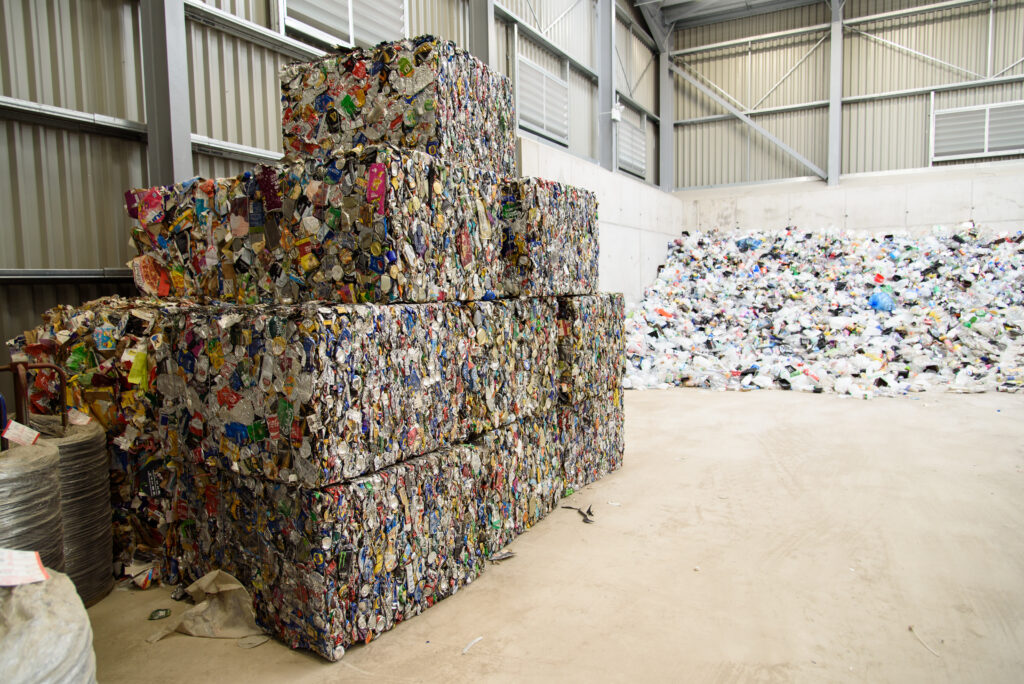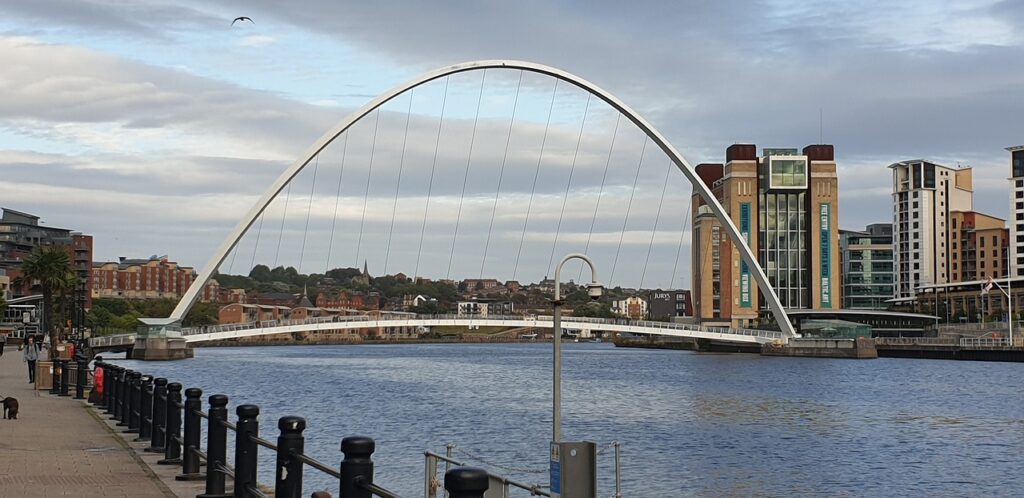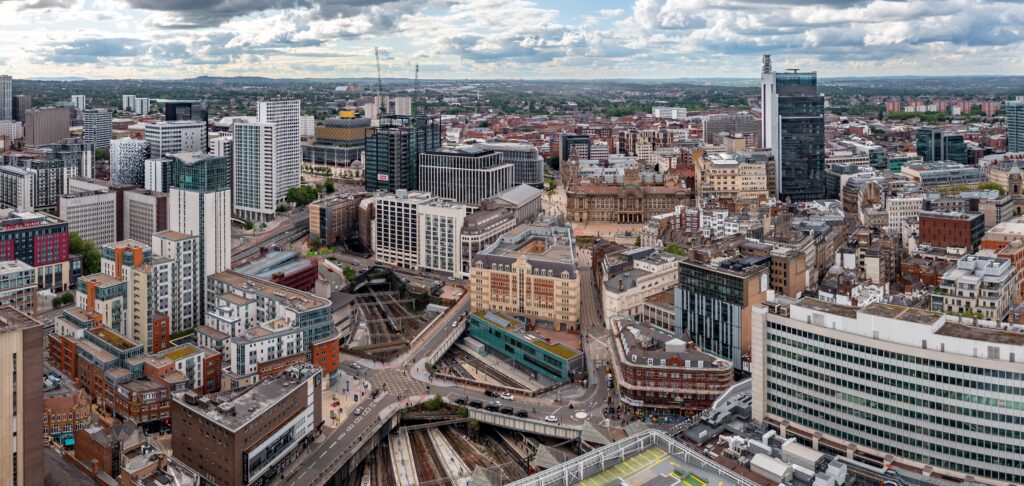Recycling bins and food waste collections would still be made weekly under the proposed change.
The council estimated that a change to four-weekly black bin collections could result in a 10% recycling rate increase and a 60% reduction in carbon emissions. It is also estimated to result in around £2.3 million in savings and an additional £1.5 million in avoided carbon tax costs.
The survey opened on Monday (27 January 2025) and will close at midnight on Monday 10 March 2025.
Bristol’s recycling rate currently sits at approximately 45% and has stagnated over the last few years. The council expressed concern that it is “still someway” behind the national target to reach 65% by 2035.
The survey explained that currently a quarter of residual waste the council collects is food waste. Another quarter is paper and card, glass, plastic and cans, textiles and small electricals that could be recycled.
A statement on the council’s website explained the financial cost of low recycling rates: “Disposing of general waste is hugely expensive, whereas recycling isn’t. Plus, some recycling can even be sold at a profit. On average, getting one tonne of waste out of general waste bins and into recycling is about £340 difference for the city. This money can be reinvested in crucial local services and really adds up over the weeks, months and years.
“As well as reducing costs now, making these changes would protect Bristol from upcoming carbon taxes. If we keep the service as it is now, it’s expected to cost the city millions in the coming years.”
In 2006/7 the city swapped from weekly to fortnightly collections which resulted in a 14% recycling rate increase.
The council confirmed that no changes will be made until after the replies to the consultation have been considered.
Commenting on the consultation, David Gudgeon, head of external affairs at Reconomy brand, Reconomy Connect, said: “With councils across the country facing financial pressures, many are looking to explore alternative waste management systems to tackle the growing costs of waste being sent for incineration or landfill, and to improve recycling rates.
“Over the last few years, recycling rates in England have plateaued, with some actually going backwards. We believe this is largely due to the lack of a uniform national approach to recycling which has caused confusion about what can be recycled. However, Simpler Recycling legislation, coming into effect in April 2026 for local authorities, aims to eliminate this confusion and lift rates by standardising practices across the country.
“Local authorities play a crucial role in shaping national recycling performance. With food waste collections becoming mandatory, and by embracing clearer recycling systems and prioritising waste reduction, local authorities can not only divert waste from landfill but also support a more sustainable, circular economy – unlocking cost savings and long-term environmental benefits for local communities and businesses alike.”









Subscribe for free